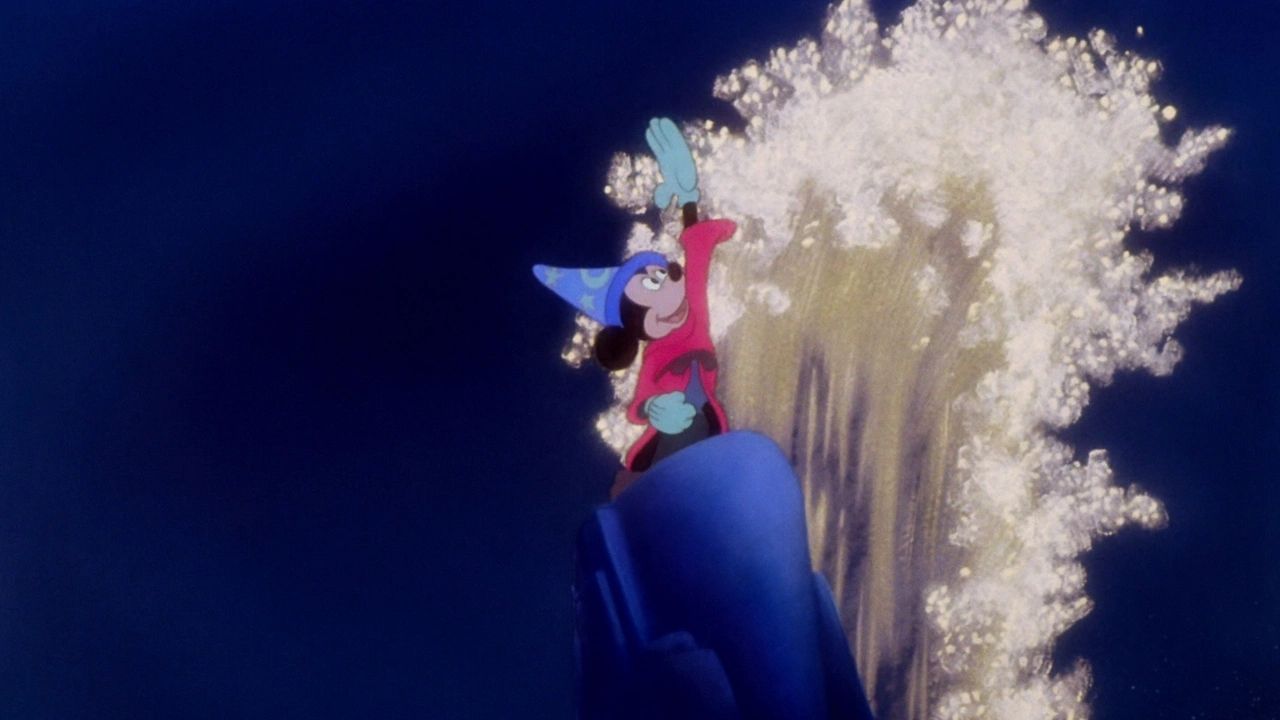
Disney’s The Little Mermaid is the newest live-action adaptation from the studio, and the original is one of the biggest and most important animated movies the company has ever produced. We know that we’re set to get even more Disney live-action remakes, all in different stages of development, as well as a host of sequels to Disney’s animated hits. However, while watching the new Little Mermaid recently, I realized there’s another classic Disney franchise that needs to be revisited. It’s time to make Fantasia 2025.
In 1940, Walt Disney tried to improve the public’s perception of what animation was by pairing it with classical music in Fantasia. 60 years later Walt’s nephew Roy E. Disney spearheaded Fantasia 2000, which brought modern animation techniques to the concept. But animation, in all its forms, has come further in the last 25 years than it had in the previous 60, and it’s time to celebrate them all.
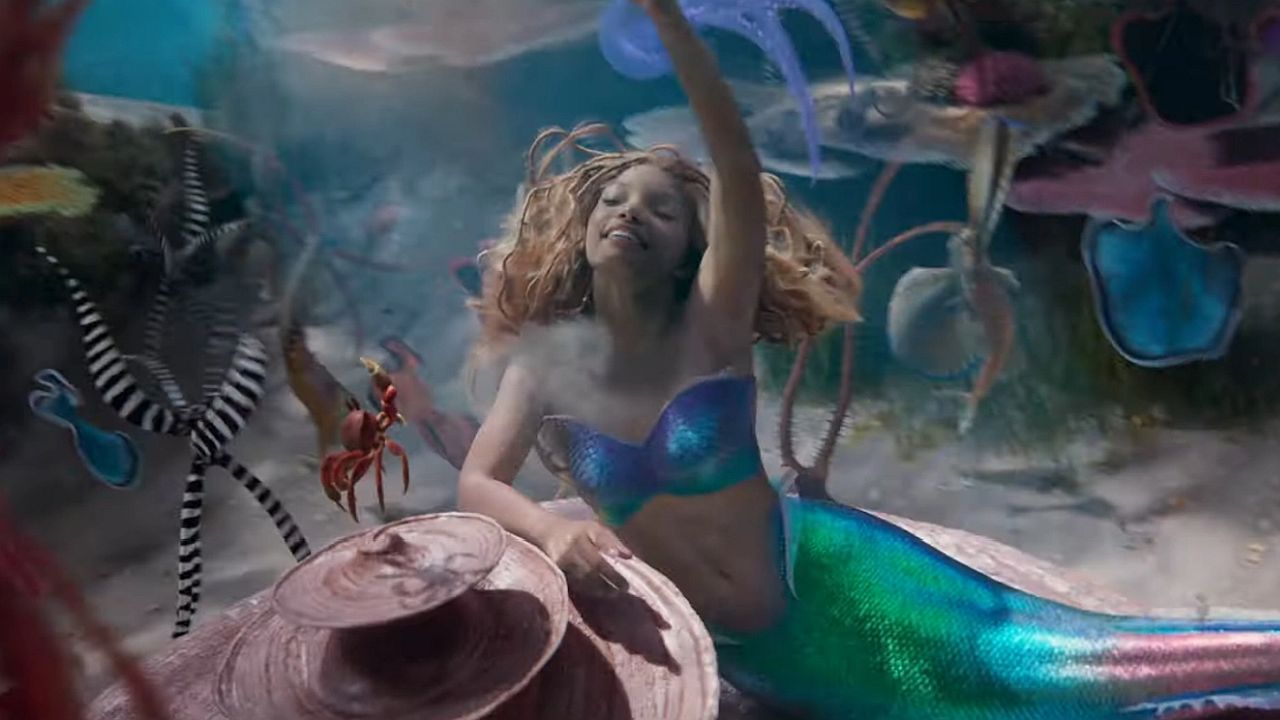
The Little Mermaid Shows How Disney’s Digital Effects And Music Go Perfectly Together
A lot has been said about Disney’s live-action remakes, as well as about the digital effects that are used to bring animal characters and other objects to life in a way that looks “real.” Anthropomorphic animals have been key to animation since the very beginning, and you can’t make a version of The Jungle Book without a talking bear. And if the rest of your movie is live-action, that talking bear needs to look like, well, an actual bear.
While not everybody loved the digital recreations of Sebastian and Flounder in The Little Mermaid, a big part of that comes from Disney’s attempts to make the creatures look realistic while still personifying them to some degree. Bringing the two ideas together doesn’t work well, but when the digital effects stand on their own, they can be incredible.
This was my thought while I enjoyed the “Under the Sea” sequence in the new The Little Mermaid. As Sebastian sang, frequently off-screen, we saw the various sea creatures dancing to the music, and it looked quite beautiful. The dancing limpets in "Under the Sea" reminded me very specifically of the dancing mushrooms from Fantasia.
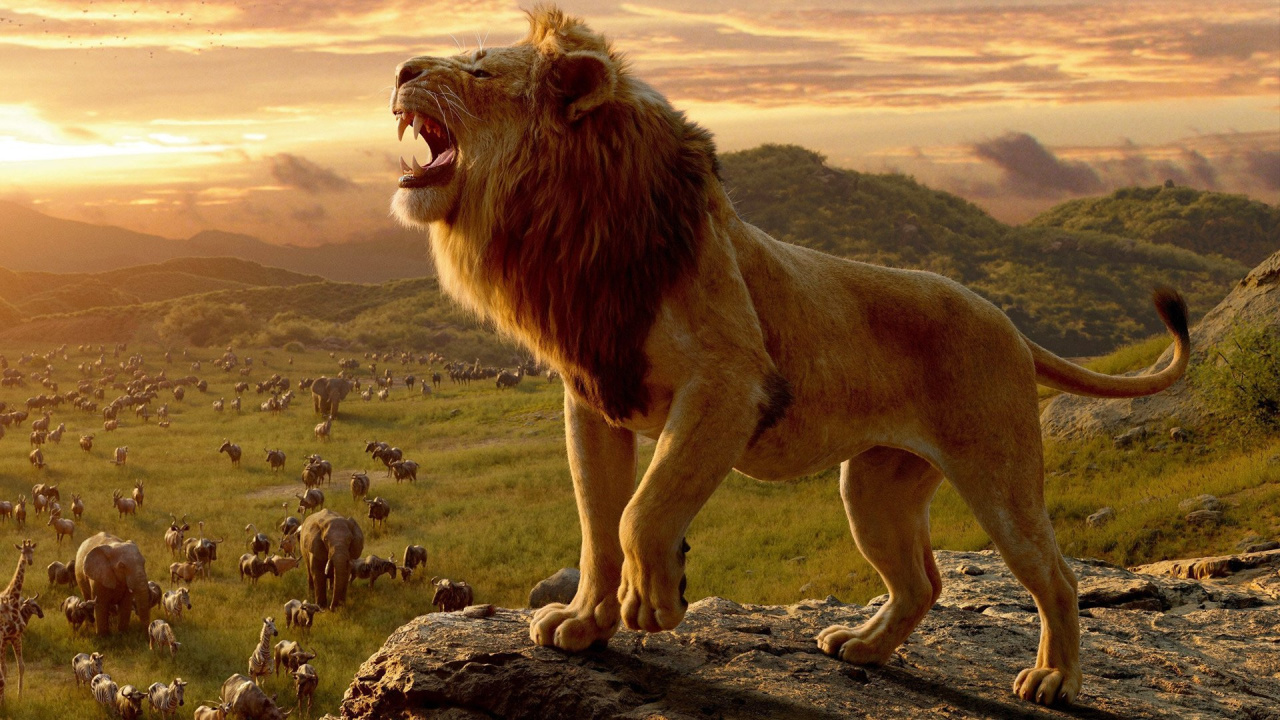
Creating Characters Digitially Is Just Animation
Watching “Under the Sea” in The Little Mermaid was similar to my feeling watching the “Circle of Life” in the remake of The Lion King. The digital creativity there is a work of technical mastery, and when put to music, where the animals are simply able to be animals and you don’t have to worry about them talking or emoting, it looks amazing.
These are sequences that could easily be part of a new Fantasia, and they should, because really, it’s all just animation. While people frequently referred to the Lion King remake as “live-action” because it followed films like The Jungle Book remake and it wasn’t actually produced by Walt Disney Animation Studios, the fact is the entire movie was created inside a computer. From a technical standpoint, The Lion King remake is just as animated as the original, it’s just done using different technology and techniques. 2019’s Lion King won several awards as an animated movie.
Since this creativity is animation, it should be celebrated as such. It would be exciting to see what these artists can create when given the freedom that Fantasia can create. Some of the animated sequences in the previous films have told clear and understandable narratives, but others have been more thematic or even abstract. It would be interesting to see how this digital technology could be used for this very different type of storytelling.
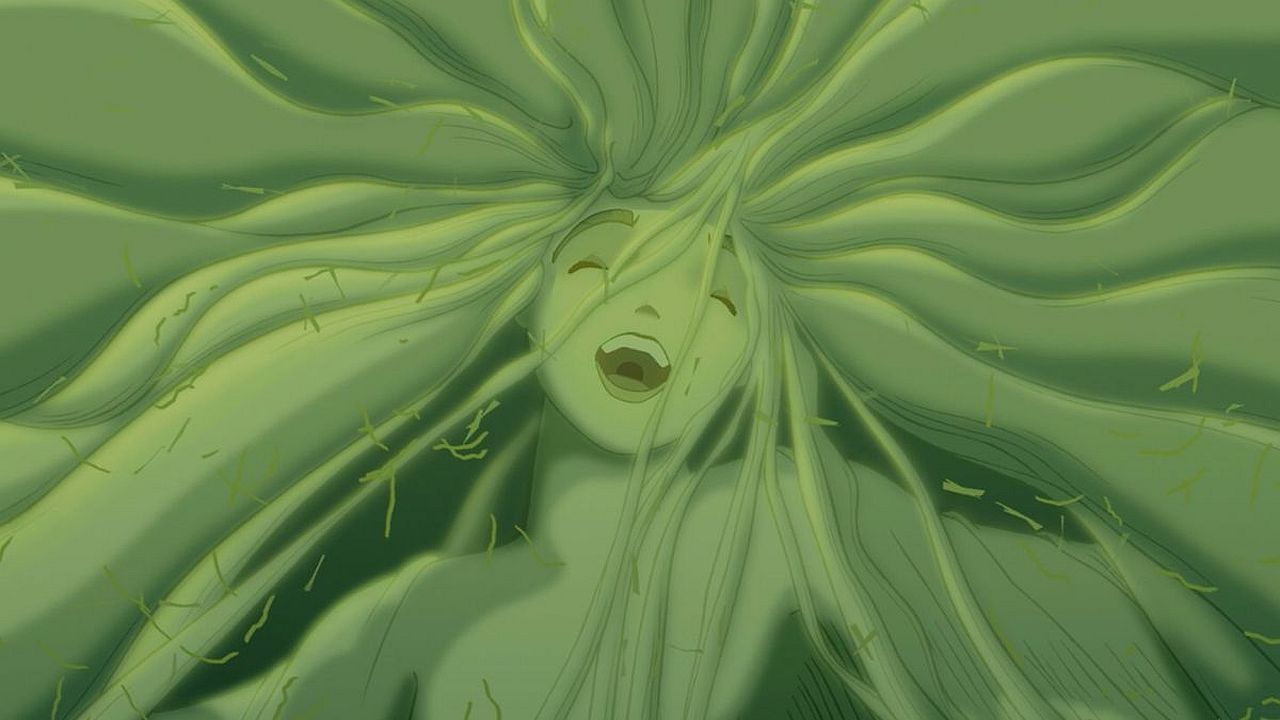
Fantasia 2000 Missed The Computer Animation Revolution
But there’s even more that can be experienced. Fantasia 2000 came out six months before Dinosaur, Disney’s first fully 3D computer-animated film. As such, while computers were certainly used in creating Fantasia 2000, they were used in the service of traditional 2D animated visuals. It would be another decade before Walt Disney Animation Studios shifted entirely to 3D computer animation as we know it today.
The shift from 2D to 3D animation has been the single biggest change in animation as a medium since Walt Disney added synchronized sound to Steamboat Willie. It makes Fantasia 2000 look even older than it actually is. There’s an entire generation who has only known animation in a post-Pixar world.
Speaking of Pixar, the studio, which wasn’t owned by Disney until 2006, would absolutely need to be brought in to handle at least one sequence in a new Fantasia. There will be multiple opportunities to build a new Fantasia from different styles and technologies, and that’s where, and why, a new Fantasia could truly shine.
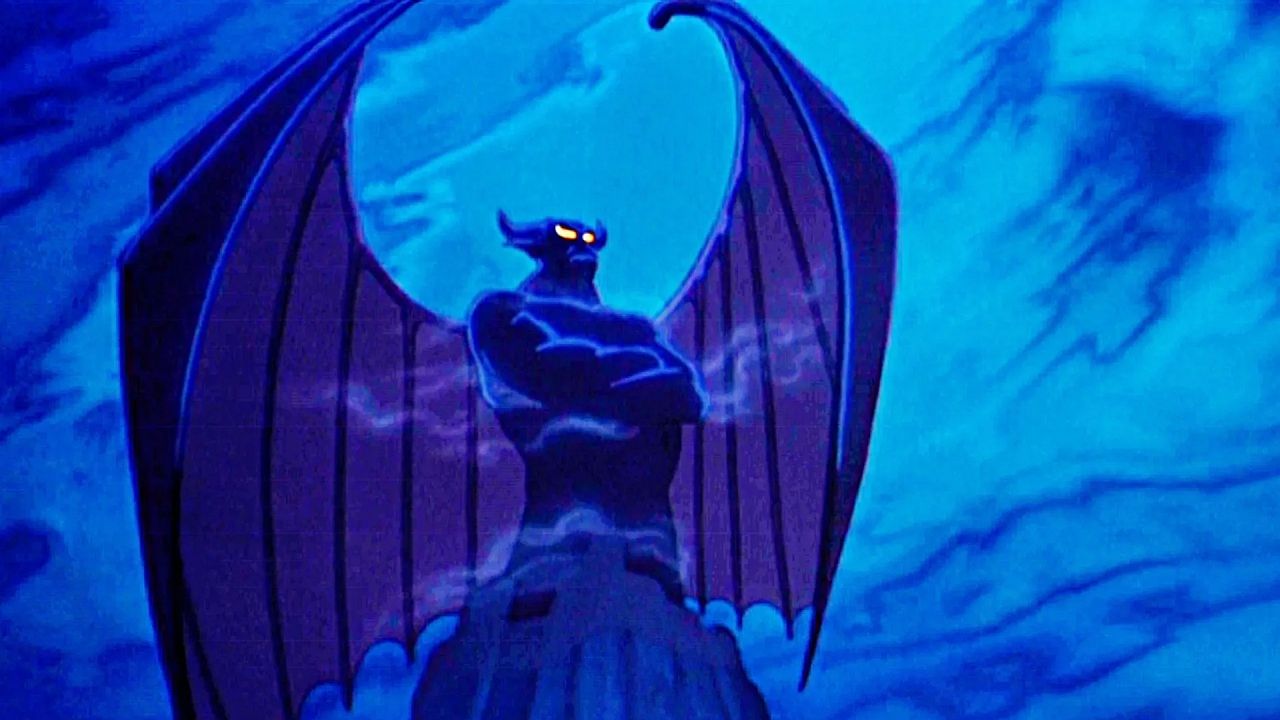
A New Fantasia Can Highlight All Forms Of Animation
Fantasia 2025 can follow the precious films by being a series of animated sequences combined with classical music to tell a story, but how that is done can cover a lot of ground. There should be some sequences that carry on the tradition of Fantasia with hand-drawn, two-dimensional sequences. The initial concept of Fantasia was that it would be a regular release with different sequences being added and subtracted over time. Fantasia 2000 kept The Sorcerer’s Apprentice, and maybe Fantasia 2025 still does, alongside maybe one sequence from Fantasia 2000.
From there, we could see a couple of sequences of brand-new hand-drawn animation. A couple of sequences could use the current standard of 3D computer animation, and a couple more could use “realistic” computer-generated creations, similar to what we’ve seen in the live-action Little Mermaid or The Lion King remake. That stuff is essentially animation, it is completely artificial and created by artists, and those artists should get their chance to shine just like any other.
It’s certainly true that Fantasia has never been the most successful product from Walt Disney Animation Studios. While I’d argue the original Fantasia is the best animated Disney movie, both Fantasia and Fantasia 2000 were commercial failures. That’s certainly going to make the company gun-shy about making another one, but a modern Fantasia using every form of animation at Disney’s disposal would be so different from the previous attempts that we could very easily see an equally different result.







